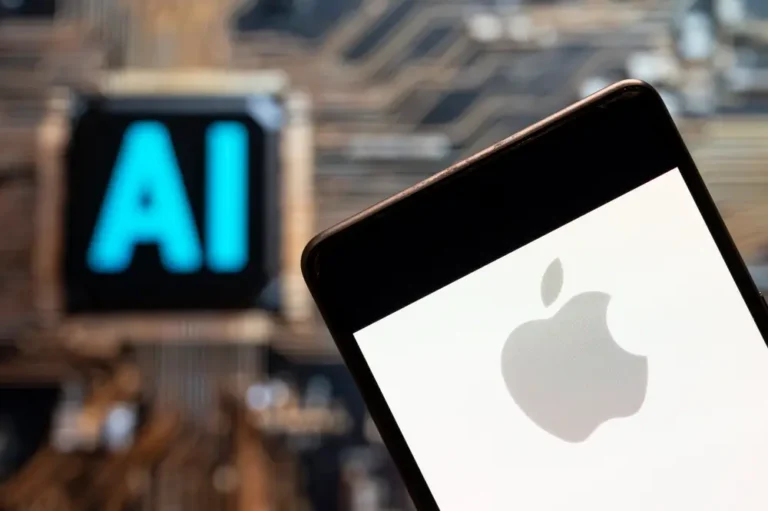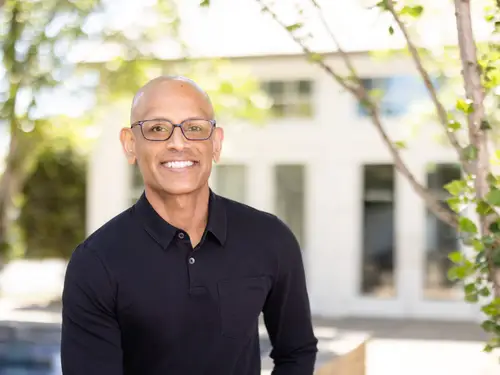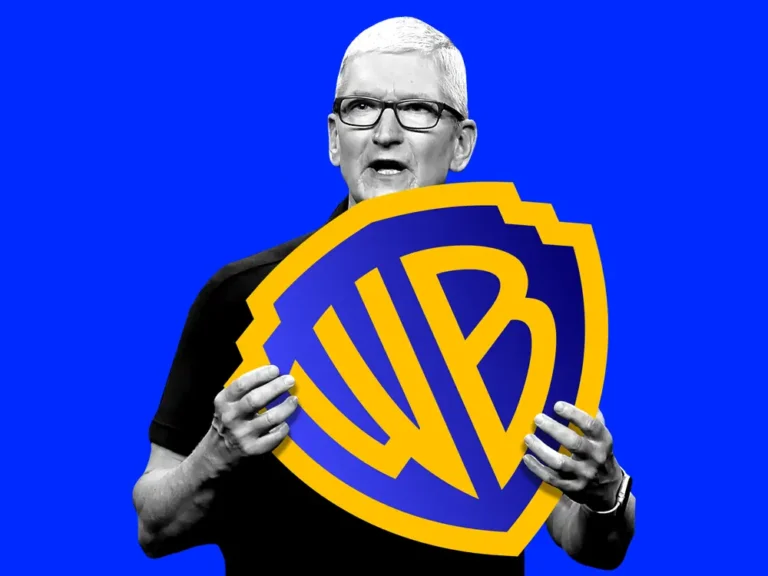The Nvidia-backed startup behind pregnant Travis Kelce meme wants to upend the market for computing power

WOMBO co-founders Paul Pavel, and Ben-Zion Benkhin.
Ben-Zion Benkhin, CEO and co-founder of Wombo AI, says his goal when creating an app is to make something that a billion people would find funny.
“In many cases, that means reverting to some base instincts,” Benkhin told B-17.
For instance, Wombo’s biggest success to date is an AI app that generates pictures of male celebrities with baby bumps. Benkhin says his goal is to bring AI technology to the masses, make it approachable and even a little silly. The strategy has caught the eye of Nvidia, which recently led a $9 million investment in Wombo, which B-17 can reveal for the first time. Other investors include Coreweave, Round13, and SBI.
But behind the silliness is a pursuit that Benkhin describes as “religious.” He calls it w.ai and the idea is simple: we’re all walking around with supercomputers idling in our pockets. What if you could build a network to gather up all the spare compute and put it to work?
“Think about what Uber did for cars, what Airbnb did for homes. I think w.ai is doing something similar for computers,” said Benkhin. The project is in its infancy, but in theory he says users will be able to download an app, hit a button, and then sit back and get paid for their unused processing power.
“We want to make this extremely easy for people, my mom should be able to do this,” Benkhin said. He says he got the idea when he realized how much money Wombo and other companies were paying to big cloud providers like AWS, Google, and Microsoft, which effectively control the supply of computing power.
He asked himself: what if he could sidestep those gatekeepers and utilize a powerful but scattered resource that was laying dormant all around him? The idea presents a daunting technical challenge: how to take the workload for an intensive AI task, slice it up into a million little pieces, distribute it to smartphones, laptops, and gaming consoles worldwide, and then reassemble it quickly and reliably.
If he can figure it out, Benkhin thinks it could be a viable alternative to the big cloud providers. He also sees it as a “primitive UBI” with users getting paid for their idle machines and for simply being a part of the network. His ultimate vision, though, is for a world where AI, much like the internet, is not owned by any one company or government.
“We could train the next generation of models on this network,” Benkhin said, “and so now instead of, you know, GPT 5 or Gemini from OpenAI or Google, which sort of represent the interest of some company, what if we could have frontier models that are being co-created and co-owned by all of humanity?”






